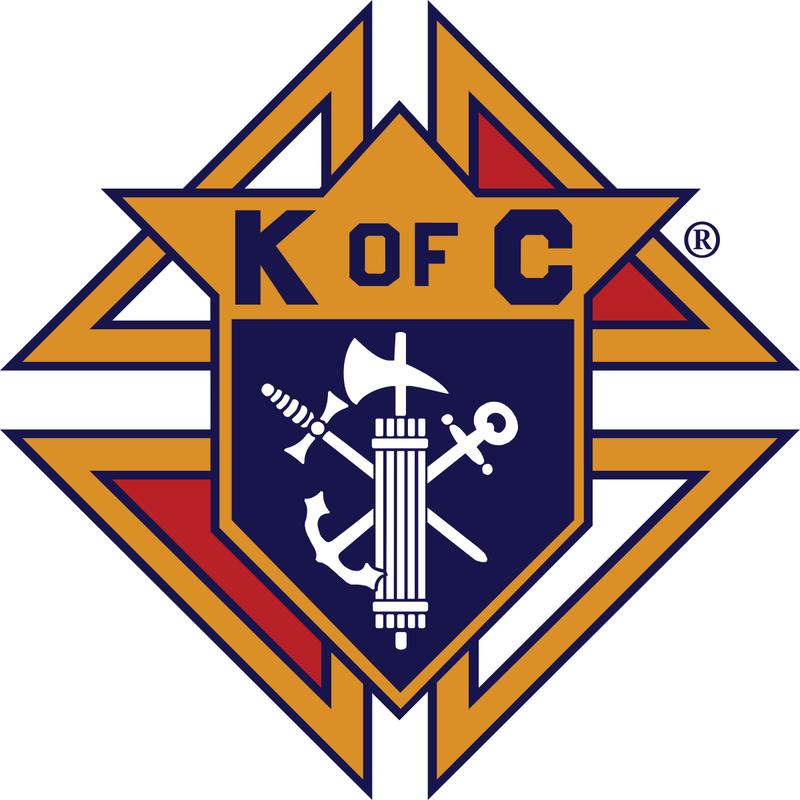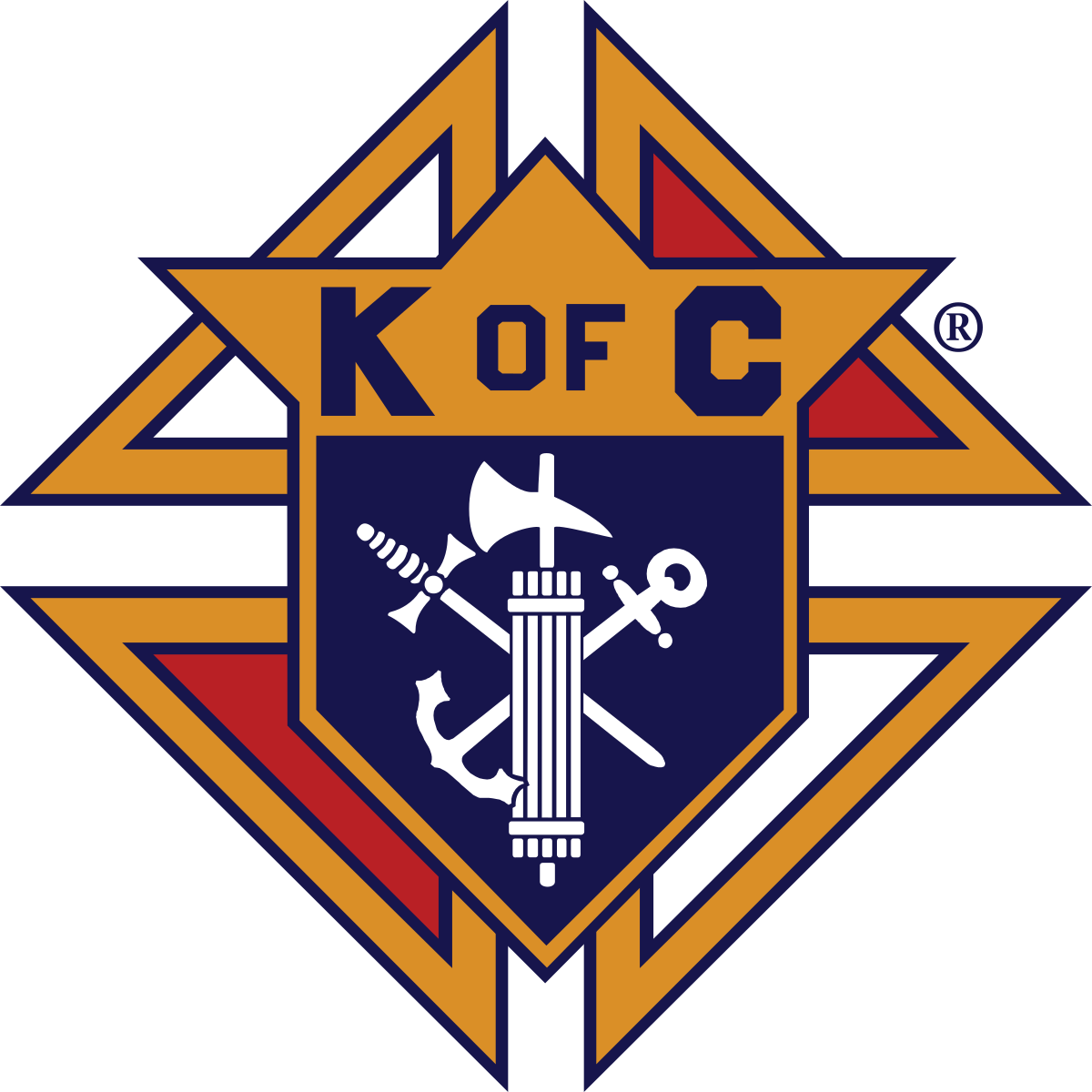Knights of Columbus and Taxes


Hello Brother Knights!
I am a Third Degree Knight and Treasurer of my Council, in addition to being a licensed Enrolled Agent. I accepted the appointment to be the Treasurer to help my Council reinstate their tax-exempt status with both the Internal Revenue Service (IRS) and the California Franchise Tax Board (FTB).
In my research to reinstate my Council's tax-exempt status, I discovered that not only was there not a lot of information available to guide us, but also that a lot of other councils had also had their tax-exempt status suspended for non-filing.
Each council is required to not only file financial audits and submit them to both their state council and Knights Supreme Council, but also file tax returns with the IRS and in many cases with their state tax boards.
To be sure, the IRS requires the Supreme Council and each of its subordinate councils, assemblies, and chapters in the United States (referred to collectively as councils) to file an annual informational tax return (IRS Form 990, 990EZ, or 990N).
For purposes of tax compliance, the Knights of Columbus encompasses not only the Supreme Council but also its subordinate units. Accordingly, all councils in the United States may be recognized by the IRS as “fraternal lodges” for purposes of the tax exemption granted to fraternal benefit societies under Section 501(c)(8) of the Internal Revenue Code.
This means that revenues received by a council for fraternal, recreational, or charitable purposes are not subject to federal income tax. Although the filing requirement is relatively simple, many tax-exempt organizations in the United States have neglected to comply with it, resulting in the revocation of their tax-exempt status.
Therefore, YOUR COUNCIL must submit the appropriate IRS form 990 to RETAIN YOUR 501(c)(8) status - - tax-exempt - - your council operates under the “lodge system” - - Supreme is the “parent” and the councils are “a subordinate (referred to as a “lodge”).
REQUIREMENTS
In order to be recognized as a tax-exempt entity under Section 501(c)(8), each council must provide its Employer Identification Number (EIN) to the Home Office Legal Department, which in turn will report the EIN to the IRS for inclusion in the Order’s group exemption listing. Thus, a council must do three things to comply with the IRS filing requirement:
1) obtain an EIN from the IRS;
2) register its EIN with the Home Office Legal Department; and,
3) file an annual return with the IRS.
Each council must meet all of these requirements. The IRS will accept a council’s annual return only if the council has a valid EIN that has been registered with Supreme.
It is very important that all councils comply with the annual IRS filing requirements. Failure to comply with the IRS filing requirement will ultimately lead to the revocation of a council’s tax-exempt status.
Those councils that have had their tax-exempt status revoked should apply for reinstatement as quickly as possible to avoid potential tax liabilities.
From the date of the IRS revocation notice to the date of IRS reinstating the council’s tax-exempt status, the council will be considered a taxable entity and therefore liable for any taxes accrued during that period of time.
REINSTATEMENT OF TAX-EXEMPT STATUS OF COUNCILS AND ASSEMBLIES
Councils and assemblies that have not filed a Form 990 for three consecutive years will automatically have their tax-exempt status revoked by the IRS.
If your council or assembly's tax-exempt status is revoked, immediately fill out the Supreme Council EIN Authorization Form, which may be obtained as a fillable PDF document going to the Officer Desk Reference. Once you have filled out this form, email it to tax.ein@kofc.org to request a reinstatement package. If you have any questions, please email tax.ein@kofc.org.
Tax FAQs
1) Is the Knights of Columbus a charity recognized by the Internal Revenue Service (“IRS”) under Section 501(c)(3) of the Internal Revenue Code (“IRC”)?
NO. The Knights of Columbus is a fraternal benefit society recognized under IRC Section 501(c)(8).
2) Are all Knights of Columbus councils and assemblies in the United States exempt from federal taxation?
The Knights of Columbus Supreme Council and its subordinate units in the United States are generally exempt from paying federal income tax on ordinary receipts (e.g., funds received for charitable or fraternal purposes). However, unrelated business income would be subject to federal income taxation. See IRS instructions for Form 990 or Form 990-EZ.
3) Are Knights of Columbus councils and assemblies exempt from state sales tax?
Generally, state legislatures grant state sales tax exemptions or state or local property tax exemptions only to charitable organizations recognized by the IRS under Section 501(c)(3).Since the Knights of Columbus is not recognized as a charitable organization under Section 501(c)(3), councils and assemblies are not generally eligible for a state sales tax exemption, although the exemption may be available in certain states.
4) Are donations to Knights of Columbus councils and assemblies deductible on the donor’s income tax return?
No. Donations to Knights of Columbus councils, assemblies, and chapters for fraternal or social purposes are never deductible and most donations for charitable purposes are not deductible. Donors who wish to claim a tax deduction for a charitable contribution to one of the charities supported by the Knights of Columbus may do so by donating to Knights of Columbus Charities, Inc. (U.S.), or a charitable corporation established by one of the State Councils. See Tax Exempt Charitable Corporations and Foundations (see entry below).
Pass-Through Charitable Fundraising
Monetary donations to subordinate units of the Knights of Columbus (councils, assemblies, and chapters) are not ordinarily tax-deductible. However, the Internal Revenue Service permits a narrow exception to this general rule, which is codified at Section 170(c)(4) of the Internal Revenue Code. Pursuant to Section 170(c)(4), a council, assembly, or chapter may collect multiple individual donations, deposit them into a dedicated bank account, and then send a check for the cumulative amount to a charitable entity that is recognized by the IRS under Section 501(c)(3). This is known as “pass-through charitable fundraising”.
Vivat Jesus!
George W. Ross, J.D., E.A.


